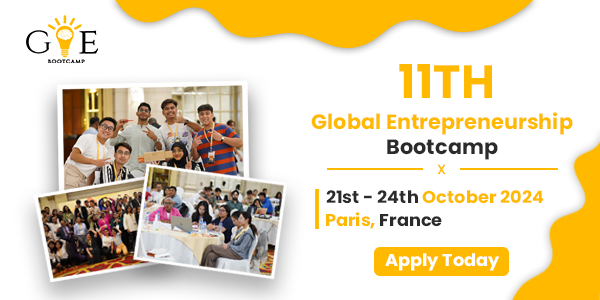
Professional Certificate on Python Programming
Details
Professional Certificate on Python Programming
“Introduction to Computing in Python” is a series of courses built from Georgia Tech’s online for-credit version of CS1301: Introduction to Computing. The series is designed to take you from no computer science background whatsoever to proficiency in the basics of computing and programming, specifically in the popular programming language Python. Rated as one of the most in-demand and beginner-friendly programming languages, a background in Python will give you a solid foundation for further studies in computer science.
The course material has been used at Georgia Tech for its for-credit CS1301 class for over a year. Over 400 students on campus have completed this version of the course, and our analysis shows that they exit the course with the same learning outcomes as students taking the traditional on-campus version. This Professional Certificate uses the same instructional material and assessments as this on-campus class, giving you a Georgia Tech-caliber introduction into the field of computing.
This Professional Certificate follows a unique design, separately covering the general, fundamental principles of computer science—which are applicable to any programming language—and then rapidly transitioning into implementing those principles in Python. Short videos (2-3 minutes each) are rapidly interleaved with live programming problems and multiple choice questions to give you constant feedback on your progress and understanding.
What you will learn
- The fundamental design cycle of computer science and computer programming: writing code, executing it, interpreting the results, and revising the code based on the outcomes.
- Usage of the fundamental atoms of programming: variables, mathematical operators, logical operators, and boolean arithmetic.
- Control structures for developing dynamic programs: conditionals, loops, functions, and error handling.
- The core data structures for creating useful programs: strings, lists, dictionaries, and file manipulation.
- Previews of the next big topics in computer science: object-oriented programming and computer algorithms.
Specifications
| Type of Opportunity | Scholarships and Fellowships |
|---|---|
| Deadline | Ongoing |
| Open to | All Nationalities |
